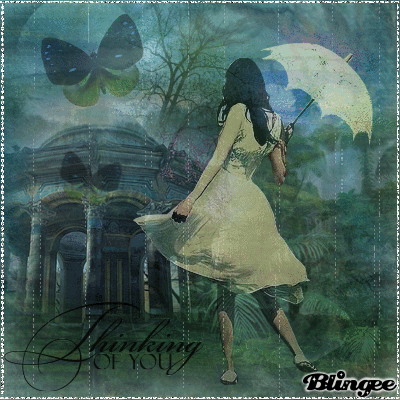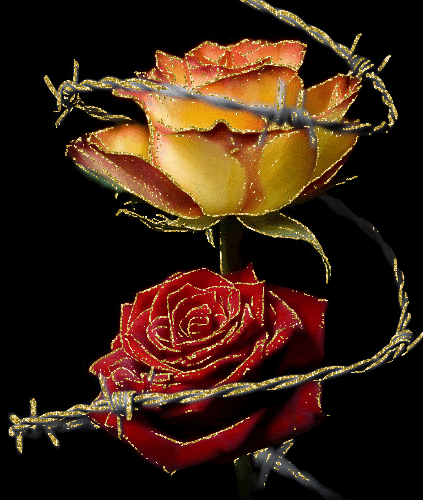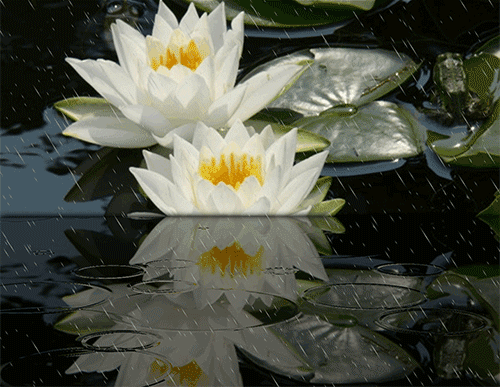
Verse 24: If a person is energetic, mindful, pure in his thought, word and deed, and if he does everything with care and consideration, restrains his senses, earns his living according to the Law (Dhamma) and is not unheedful, then, the fame and fortune of that mindful person steadily increase.
While residing at the Veluvana monastery, the Buddha uttered Verse (24) of this book, with reference to Kumbhaghosaka, the banker.
At one time, a plague epidemic broke out in the city of Rajagaha. In the house of the city banker, the servants died on account of this disease; the banker and his wife were also attacked by the same. When they were both down with the disease they told their young son Kumbhaghosaka to leave them and flee from the house and to return only after a long time. They also told him that at such and such a place they had buried a treasure worth forty crores. The son left the city and stayed in a forest for twelve years and then came back to the city.
By that time, he was quite a grown up youth and nobody in the city recognized him. He went to the place where the treasure was hidden and found it was quite intact. But he reasoned and realized that there was no one who could identify him and that if he were to unearth the buried treasure and make use of it people might think a young poor man had accidentally come upon buried treasure and they might report it to the king. In that case, his property would be confiscated and he himself might be manhandled or put in captivity. So he concluded it was not yet time to unearth the treasure and that meanwhile he must find work for his living. Dressed in old clothes Kumbhaghosaka looked for work. He was given the work of waking up and rousing the people to get up early in the morning and of going round announcing that it was time to prepare food, time to fetch carts and yoke the bullocks, etc.
One morning, King Bimbisara heard him. The king, who was a keen judge of voices, commented, “This is the voice of a man of great wealth.” A maid, hearing the king’s remark, sent someone to investigate. He reported that the youth was only a hireling of the labourers. In spite of this report the king repeated the same remark on two subsequent days. Again, enquiries were made but with the same result. The maid thought that this was very strange, so she asked the king to give her permission to go and personally investigate.
Disguised as rustics, the maid and her daughter set out to the place of the labourers. Saying that they were travellers, they asked for shelter and was given accommodation in the house of Kumbhaghosaka just for one night. However, they managed to prolong their stay there. During that period, twice the king proclaimed that a certain ceremony must be performed in the locality of the labourers, and that every household must make contributions. Kumbhaghosaka had no ready cash for such an occasion. So he was forced to get some coins (Kahapanas) from his treasure. As these coins were handed over to the maid, she substituted them with her money and sent the coins to the king. After some time, she sent a message to the king asking him to send some men and summon Kumbhaghosaka to the court. Kumbhaghosaka, very reluctantly, went along with the men. The maid and her daughter also went to the palace, ahead of them.
At the palace, the king told Kumbhaghosaka to speak out the truth and gave him assurance that he would not be harmed on this account. Kumbhaghosaka then admitted that those Kahapanas were his and also that he was the son of the city banker of Rajagaha, who died in the plague epidemic twelve years ago. He further revealed the place where the treasure was hidden. Subsequently, all the buried treasure was brought to the palace; the king made him a banker and gave his daughter in marriage to him.
Afterwards, taking Kumbhaghosaka along with him, the king went to the Buddha at the Veluvana monastery and told him how the youth, though rich, was earning his living as a hireling of the labourers, and how he had appointed the youth a banker.
Then the Buddha spoke in verse as follows:
Verse 24: If a person is energetic, mindful, pure in his thought, word and deed, and if he does every thing with care and consideration, restrains his senses, earns his living according to the Law (Dhamma) and is not unheedful, then, the fame and fortune of that mindful person steadily increase.
At the end of the discourse, Kumbhaghosaka attained Sotapatti Fruition.
Dhammapada Verse 24
Kumbhaghosakasetthi Vatthu
Utthanavato satimato
sucikammassa nisammakarino
sannatassa dhammajivino
appamattassa yaso bhivaddhati.
Source: Tipitaka



 g
g













